
 Holidaypac
Holidaypac
 Aug 25,2025
Aug 25,2025

In today’s food industry, packaging is not just the “outer shell” of a product—it plays a critical role in ensuring food safety, extending shelf life, and enhancing brand value. For food companies, selecting a reliable food packaging factory is a key business decision. At the same time, factories that want to enter the food packaging sector must comply with strict industry standards and regulations.
This article provides a comprehensive analysis of the requirements for food packaging factories, covering hygiene, materials, equipment, safety management, and sustainability—so you’ll clearly understand what makes a packaging supplier trustworthy.
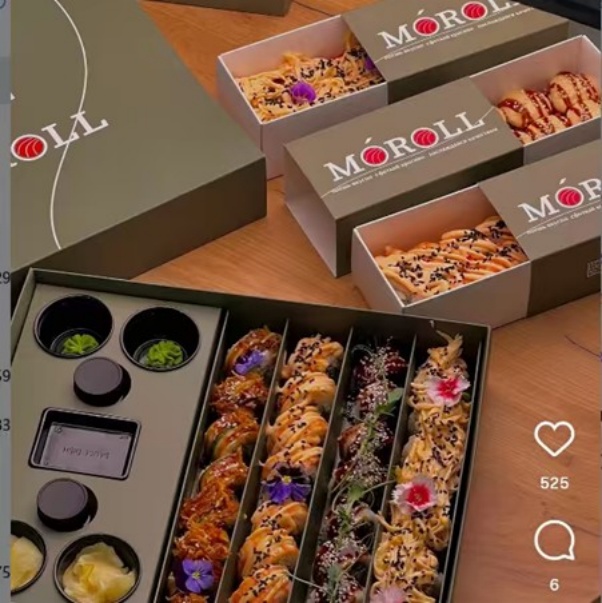
Food packaging comes into direct contact with food, so factories must maintain strict hygiene standards:
Clean workshops: Equipped with dust-proof, bacteria-proof, and pest-proof measures, with regular disinfection.
Temperature and humidity control: Especially for sensitive packaging, such as for chocolate, dairy, or frozen products.
Drainage and ventilation systems: Ensuring a clean, dry environment to prevent cross-contamination.
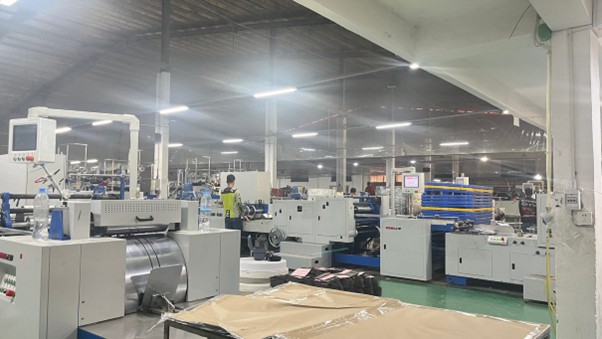
The safety of packaging starts with raw materials. Factories must ensure:
Non-toxic and harmless: Free from harmful chemicals such as heavy metals or phthalates.
Food-grade certification: Compliance with standards such as FDA (U.S.), EFSA (EU), or GB (China).
Traceability: Ability to trace raw material origins to handle any food safety incident.
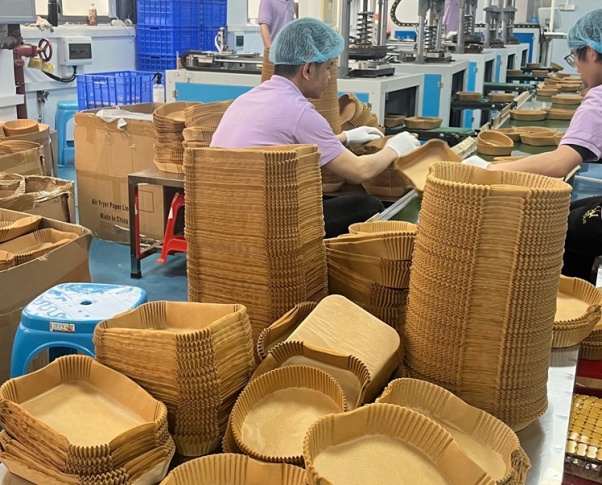
Factories need modern, precise, and safe equipment:
Automation: Reduces human contact, lowers contamination risks, and increases efficiency.
Advanced processes: Heat sealing, anti-bacterial coatings, moisture-proof and oxygen-resistant technology.
Quality testing: Using instruments for lead detection, thickness measurement, and tensile strength testing.
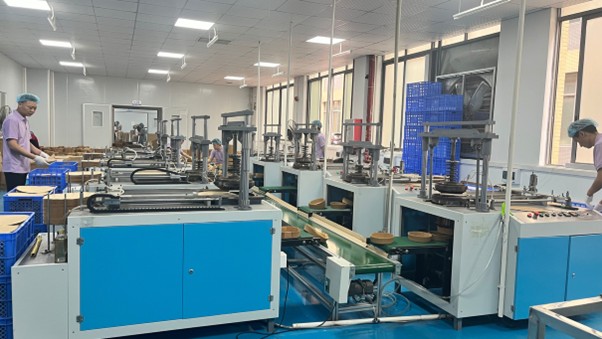
A qualified food packaging factory must implement the HACCP (Hazard Analysis and Critical Control Points) system to control risks at every production stage. In addition, certifications like ISO 22000 (food safety management) and ISO 9001 (quality management) prove the factory’s reliability and compliance with international standards.
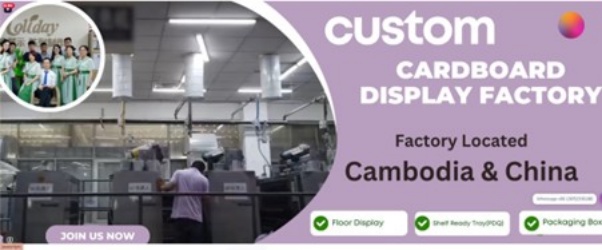
Food packaging must guarantee functionality as well as safety:
Heat and cold resistance: Suitable for refrigeration, microwaving, or baking.
Moisture, oxygen, and corrosion resistance: Helps extend shelf life.
Sealing strength: Prevents leaks and contamination during storage and transportation.
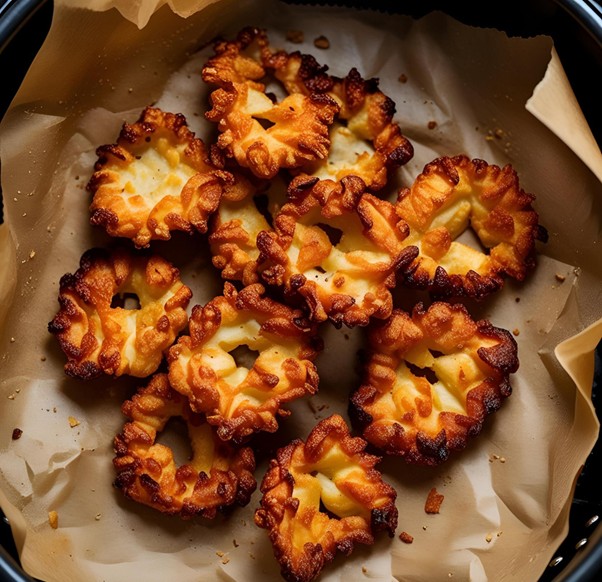
Labels are legally binding and must be accurate and safe:
Safe printing inks: Food-safe inks that do not migrate into food.
Clear and complete information: Including ingredients, expiration dates, and production details.
Durable print quality: Resistant to fading or smudging during logistics.
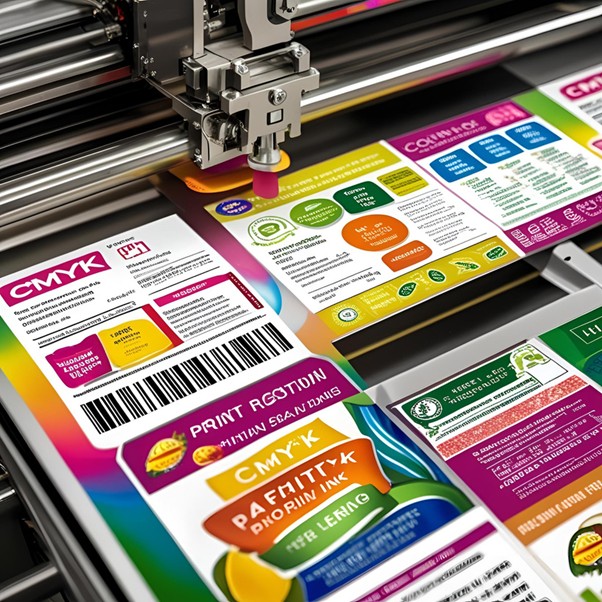
Employees are a crucial part of maintaining standards:
Professional training: Knowledge of food safety, operational procedures, and emergency measures.
Personal hygiene: Workers must wear uniforms, masks, gloves, and undergo regular health checks.
Clear responsibilities: Accountability at every stage to reduce errors.
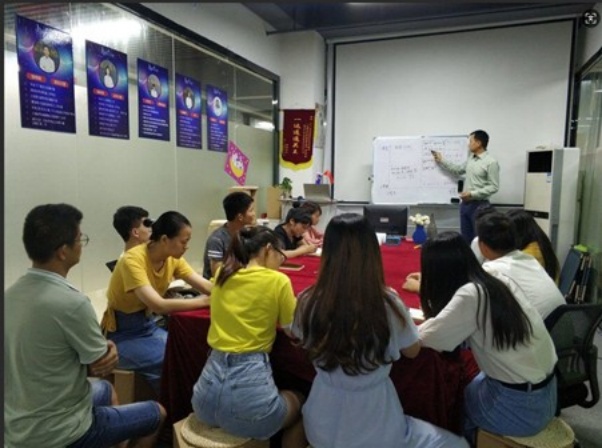
Batch management: Each production batch must have a full record for traceability.
Automated management systems: ERP systems to handle raw materials, production, and inventory.
Internal audits: Ensuring compliance with updated food safety regulations.
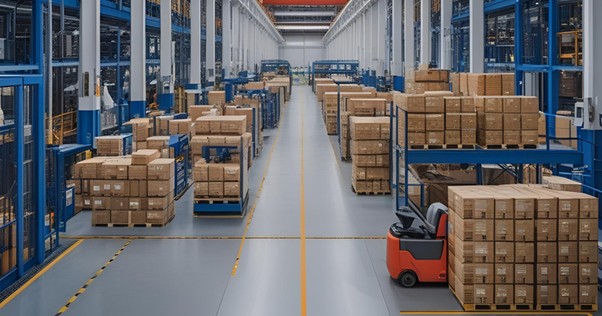
Today’s food packaging factories must consider eco-friendly practices:
Eco-friendly materials: Biodegradable paper, recyclable plastics, and compostable alternatives.
Energy-efficient production: Using equipment that reduces carbon emissions.
Waste management: Safe disposal and recycling of production waste.
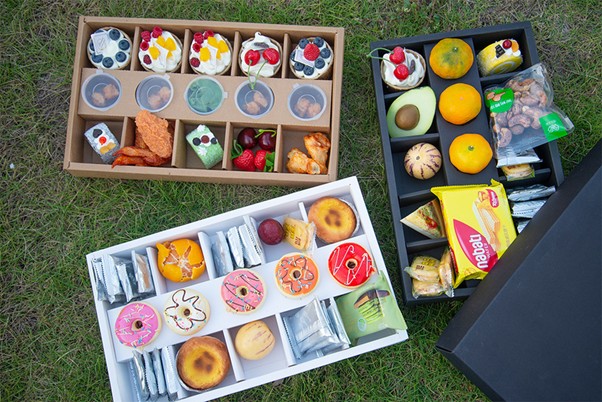
For food brands, selecting the right partner is essential. Here’s what to look for:
1. Certifications: HACCP, ISO, FDA, GB, etc.
2. Hygienic environment: Clean rooms, controlled temperature, and proper ventilation.
3. Advanced equipment: Automated lines and reliable testing facilities.
4. Food-grade materials: Certified, safe, and traceable.
5. Professional team: Well-trained employees and strict management.
6. Sustainability capacity: Eco-materials, energy saving, and responsible waste disposal.
As one of China’s leading food packaging factories, Holidaypac packaging consistently adheres to international safety standards, combining advanced automation with strict quality management systems. From food-grade cartons and plastic containers to customized eco-friendly packaging, Holidaypac provides global clients with reliable, safe, and innovative packaging solutions.
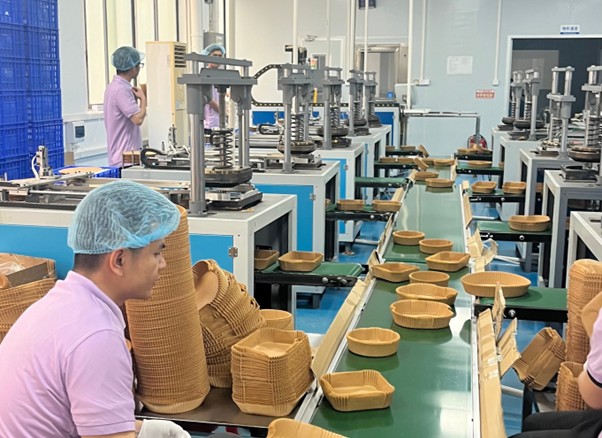
Food packaging is the first line of defense for food safety. For factories, entering this industry requires not only compliance with hygiene and quality regulations, but also strong management, advanced equipment, and eco-friendly practices.
By choosing a certified and professional food packaging factory like Holidaypac packaging, food brands can ensure both safety and branding excellence—while gaining a competitive advantage in global markets.
Contact with holidaypac food packaging factory by tiger@holidaypac.com or whatsapp by +86 13652336188
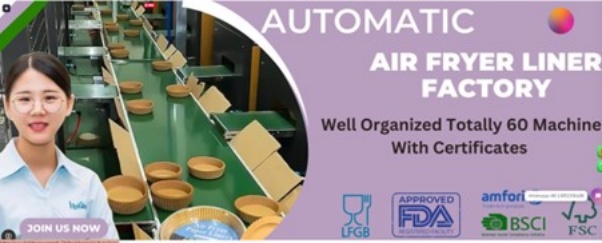

Links